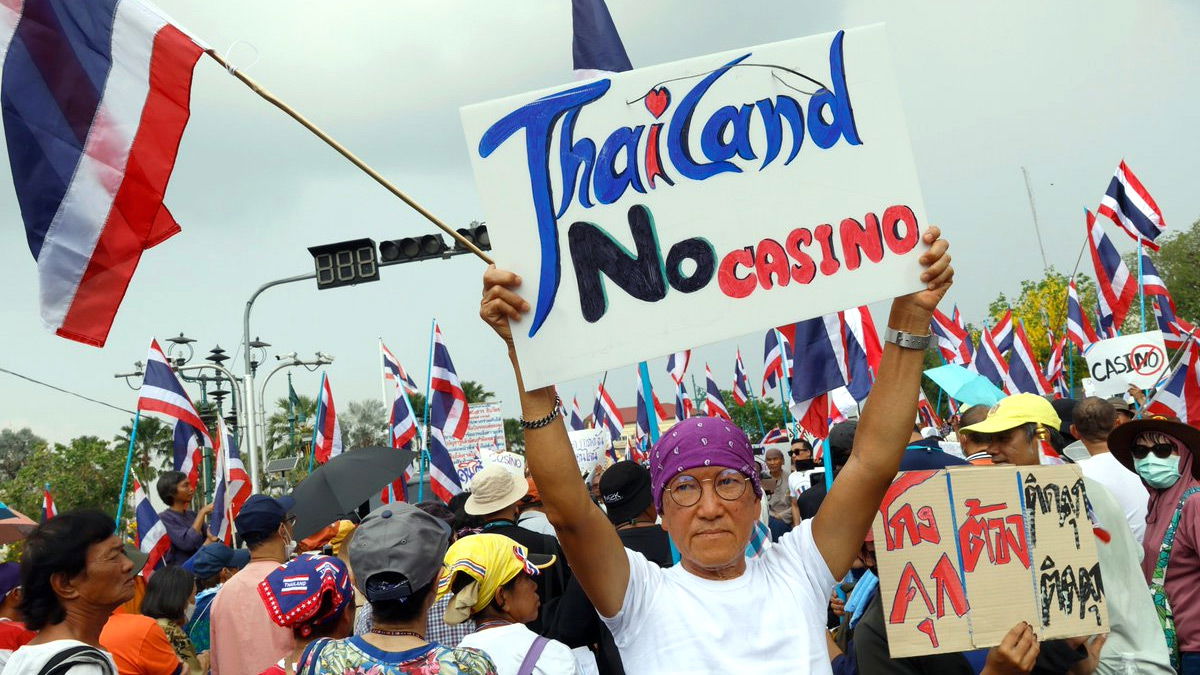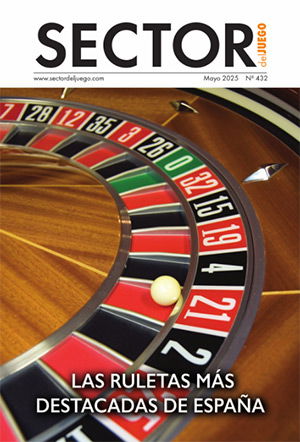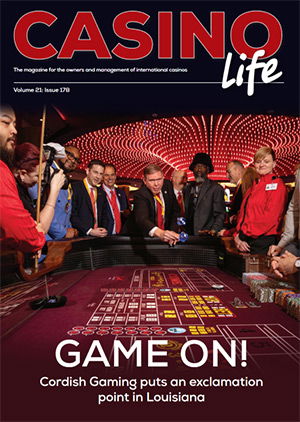California online poker bill moves forward

The hearing illustrated an unprecedented level of support for internet poker regulation in the state — AB 2863 passed with an 18-0 vote — yet work to be done before the bill will be able to move through the full Assembly.
Obstructions remaining appear to be down to one. Assemblyman Adam Gray's addition of a $60 million annual stipend for the horse racing industry wasn't opposed by any tribal leaders. Jeff Grube of Agua Caliente was the only one to question the size of the $60 million figure, and even he said he didn't see the concept as a major issue. Gray declared the issue of horse racing participation settled.
"We started this process last year with two major points of contention around horse racing and the suitability issue," Gray said.
"We've addressed one of those concerns in a way that's brought together a coalition of support that we've never seen over the course of that decade."
That leaves suitability standards in regards to the participation of PokerStars as the lone sticking point. In one of the biggest developments of the hearing, Gray made assurances that some sort of suitability standards will be included in the legislation before it leaves the Assembly.
The group of Indian tribes and card clubs in partnership with PokerStars have long lobbied for regulatory agencies to oversee suitability standards, which is how brick-and-mortar gaming works in California.
Robert Martin of Morongo, a leader in this coalition, made clear his position that the bill should not pick winners or losers in the marketplace, and implied that legislative restrictions on suitability could lead to legal challenges.
Mark Macarro of Pechanga stated that sites (namely PokerStars) that continued to operate after the passage of UIGEA gained unfair advantages in building a brand name, sophisticated software and customer base at a time tribal casinos would have been shut down for offering online poker.
"This requires clear policy from the legislature, not unelected bureaucrats, for legal and regulative clarity," Macarro said.
Gray pointed out that there are arguments online poker in California was a gray area during this period, unregulated but not outright illegal — similar to the status of Daily Fantasy Sports today.
Gray, who also chairs the committee but stepped aside to vice chair Franklin Bigelow for this hearing since it involved his bill, explained that the amendment added to the legislation last week was a placeholder for suitability standards. That language was: The bill would become operative when criteria are established by statute addressing involvement in internet betting prior to the state's authorization of internet poker pursuant to its provisions.
"We're having meetings every two weeks with a variety of tribal governments with all different perspectives to try to arrive on what that language will look like and to build the consensus necessary to move this forward," Gray said. "I've made a verbal commitment and an in-writing commitment right here in the bill that we will in fact put in suitability language, which is the last remaining issue."
The PokerStars faction is not going to accept a clause that would disallow the company from participating, so if Gray wants to keep the support the bill had at this hearing then these discussions will probably be about the usage of so-called "tainted assets" such as the list of customers from this gray period that the Pechanga coalition believes provides an unfair advantage.
There wasn't full support for the bill among interested parties. The Pechanga coalition remained neutral depending on suitability language. The amendment Gray added to the bill last week was key to getting Pechanga not to oppose the bill and allow for this passage.
There was only one stakeholder from the tribes, card clubs and horse racing to speak against the bill. Scott Wetch, a lobbyist for Santa Anita, expressed concern with the impact the legislation would have absent some further protections for the horse racing industry. He noted that 40 percent of the industry's revenue comes from its exclusive right as the only legal platform for internet wagering in the state, and said that giving that away for a funding source not protected in the long run was a problem. However, he did add that he thinks his group can still get to a position of support for the bill before its final passage.

















































